When it comes to running a successful hotel, efficient management is key. One tool that has revolutionized the hotel industry is the property management system (PMS). In this article, we will demystify the property management system in hotels and explore its role, importance, key features, and benefits. So, if you’re curious about what a property management system is and how it can benefit your hotel, read on.
A property management system is a software solution that helps hotels streamline their daily operations. It serves as a central hub for managing reservations, guest profiles, billing, inventory, housekeeping, and more. Essentially, it acts as the nerve center of a hotel, connecting all the different departments and ensuring smooth operations. Without a property management system, hotels would have to rely on manual processes and separate systems for each department, leading to inefficiencies and potential errors.
The role and importance of a property management system
The role of a property management system in hotels cannot be overstated. It serves as the backbone of hotel operations, enabling hoteliers to manage all aspects of their business efficiently. From front desk operations to housekeeping, a property management system provides a comprehensive solution that automates and streamlines processes.
One of the key benefits of a property management system is its ability to handle reservations. It allows hotel staff to manage bookings, check availability, and assign rooms with ease. This ensures that guests have a smooth check-in experience and helps optimize occupancy rates. Additionally, a property management system enables hotels to manage guest profiles, including preferences and special requests. This helps create personalized experiences for guests, leading to higher satisfaction and increased loyalty.
Another important role of a property management system is in managing billing and revenue. It automates the invoicing process, tracks payments, and generates financial reports. This not only saves time but also reduces the risk of errors. Furthermore, a property management system provides insights into revenue performance, allowing hoteliers to make data-driven decisions and optimize pricing strategies.

Key features and functionalities of a property management system
A property management system (PMS) is a crucial tool for hotels, streamlining their operations and enhancing guest experiences. Understanding the key features and functionalities of a PMS is essential for hoteliers looking to optimize their business processes.
- Centralized Reservation Management
One of the primary features of a PMS is its ability to centralize reservation management. With a PMS, hotels can efficiently handle bookings from multiple channels, such as online travel agencies (OTAs), direct bookings, and walk-ins. The system allows hotels to manage room availability, rates, and reservations in real-time, ensuring accurate and up-to-date information.
- Front Desk Operations
Another key functionality of a PMS is its ability to streamline front desk operations. Hotel staff can easily check-in and check-out guests, manage room assignments, and handle guest requests. A PMS also enables efficient handling of guest information, including preferences and special requests, ensuring personalized service.
- Inventory and Rate Management
Efficient inventory and rate management are critical for hotels to maximize revenue. A PMS allows hotels to manage room inventory, rates, and availability across various distribution channels. Hoteliers can set different rates for different room types and dates, implement dynamic pricing strategies, and monitor competitor rates to stay competitive in the market.
- Reporting and Analytics
A robust PMS provides hotels with comprehensive reporting and analytics capabilities. Hoteliers can generate reports on occupancy rates, revenue, guest demographics, and other key performance indicators. These insights help hotel owners and managers make informed decisions, optimize operations, and identify areas for improvement.
Benefits of using a property management system in hotels
Implementing a property management system in a hotel brings numerous benefits that positively impact both the hotel’s bottom line and guest satisfaction. Let’s explore some of these key benefit
- Streamlined Operations
One of the primary advantages of using a property management system is streamlined operations. With a PMS, hotels can automate and integrate various tasks, reducing manual errors and saving time. Front desk operations, housekeeping, inventory management, and reporting can all be seamlessly managed within the system, leading to increased efficiency and productivity.
- Enhanced Guest Experience
A PMS plays a crucial role in enhancing the guest experience. With real-time access to guest information and preferences, hotel staff can provide personalized services, such as room upgrades or special amenities. Guests can also enjoy a smoother check-in and check-out process, as well as quick resolution of any issues or requests.
- Improved Revenue Management
Effective revenue management is essential for the success of any hotel. A property management system enables hotels to optimize revenue by implementing dynamic pricing strategies, monitoring market trends, and managing room inventory efficiently. The system also integrates with online distribution channels, ensuring rates and availability are accurately reflected across all platforms.
- Data-driven Decision Making
A PMS provides hotels with valuable data and insights to make informed decisions. By analyzing reports on occupancy rates, revenue, and guest preferences, hotel owners and managers can identify trends, evaluate performance, and implement strategies to drive business growth. Data-driven decision making is crucial in an increasingly competitive hospitality industry.

Common Challenges Faced by Hotels Without a Property Management System
Hotels that do not have a property management system often encounter several challenges that hinder their ability to provide exceptional guest experiences and efficient operations. One of the most significant challenges is manual processes. Without a PMS, hotel staff must rely on manual methods for managing reservations, check-ins, check-outs, and other essential tasks. This manual approach is time-consuming, prone to errors, and can lead to a lack of coordination between departments.
Another challenge is the lack of real-time information. Hotels without a property management system struggle to access up-to-date data on room availability, occupancy rates, and guest preferences. This lack of real-time information makes it challenging to make informed decisions, optimize revenue, and deliver personalized experiences to guests.
Additionally, without a property management system, hotels may face difficulties in managing inventory and distribution channels. A PMS provides a centralized platform for managing room inventory, rates, and availability across various online travel agencies and distribution channels. Without this system, hotels may face overbooking or underbooking issues, leading to dissatisfied guests and revenue loss.
How to Choose the Right Property Management System for Your Hotel
Selecting the right property management system for your hotel is a critical decision that requires careful consideration. To ensure you make the best choice, consider the following factors:
- Scalability and Flexibility: Choose a property management system that can grow with your hotel’s needs and adapt to changing industry trends. Look for a system that offers scalability and flexibility, allowing you to add new features and integrate with other systems seamlessly.
- User-Friendliness: A user-friendly PMS is essential for smooth operations and staff productivity. Look for a system that has an intuitive interface, easy navigation, and comprehensive training and support resources.
- Integration Capabilities: Consider a property management system that can integrate with other hotel systems such as accounting, revenue management, and guest relationship management. Integration capabilities ensure seamless data flow and enhance overall efficiency.
- Reporting and Analytics: An effective PMS should provide robust reporting and analytics capabilities. Look for a system that offers real-time reporting, customizable dashboards, and in-depth analytics to help you make data-driven decisions and optimize performance.
Vendor Reputation and Support: Research the reputation and track record of the PMS vendor. Choose a vendor with a proven track record in the hotel industry and excellent customer support.
Conclusion: The future of property management systems in hotels
In conclusion, property management systems are a vital component of successful hotel operations. They streamline processes, improve efficiency, and enhance guest satisfaction. As technology advances, we can expect property management systems to become even more sophisticated, offering integration with emerging technologies such as artificial intelligence and machine learning. The future of PMS lies in empowering hotels to deliver personalized experiences, automate routine tasks, and make data-driven decisions. By investing in the right property management system and implementing best practices, hotels can position themselves for continued success in the ever-evolving hospitality industry.


Pingback: How to get into property development - Home Nomad